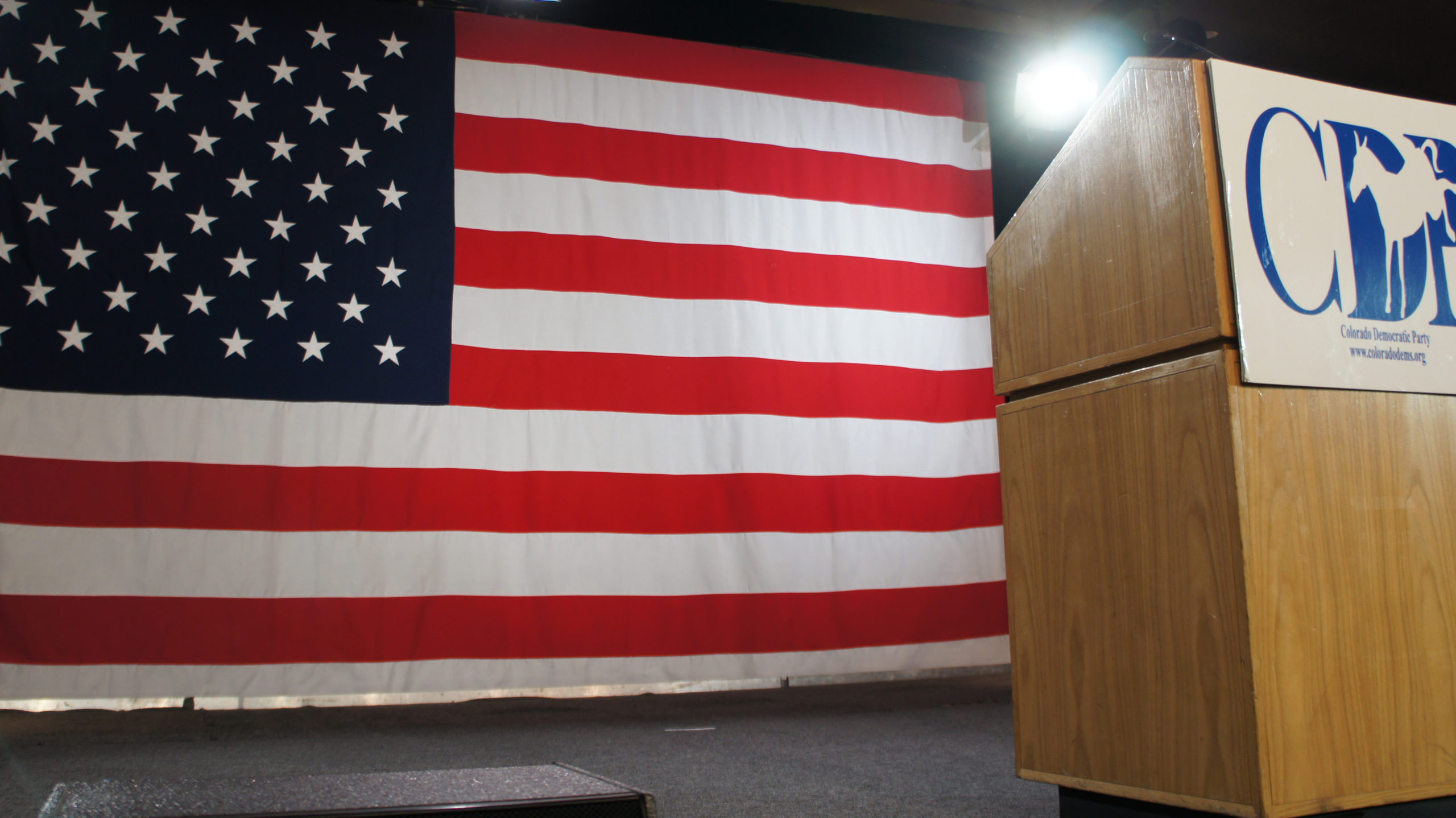—Shauna L. Shames
This term I am teaching a summer-session class called “Elections 2016,” and my students are a pretty disillusioned bunch. We have been reading Aristotle on the dangers of a pure democracy (mostly that it can devolve into dictatorship), and I am sure some of his reasoning (along with another of our readings, George Saunders’ The Brief and Frightening Reign of Phil) strikes them as relevant in the face of Donald Trump’s candidacy. At the same time, none seems to support (or will say they support) Hillary Clinton, whom many deride as being corrupt or at least lacking in transparency. One student was ardently pro-Sanders, and appears ready to protest at the upcoming Democratic National Convention, next door in Philadelphia. These are students giving up their summers to take a political science class; they are hardly apolitical. But none, in short, is enthused by the upcoming elections.
Their mood is not unusual; the country as a whole seems to feel the same way. But those in older generations, even in spite of this disgust, will be far more likely to vote and participate in politics in other ways than my students (and their generation more generally) will; young people will likely stay away from the polls more in this coming election than they usually do, and that’s saying something. They are already the least likely group to vote, with 72 percent of people their grandparents’ age voting but only 46 percent of those under 30 doing likewise (Pew).
I don’t think, however, this is cause to jump on the Millennial-bashing bandwagon. Yes, young people are not voting as much as they should. But I find it more worrisome that few young people want to run for public office. Some do, but, from my research, they are a small and mostly male group. The real problem is that young people think politics are kind of slimy, definitely antagonistic, and not generally the way they want to solve the kinds of problems they care about.
Having grown up in an era of majorly contentious politics, hyper-polarized parties, nonstop political scandals, and gridlock, I think we can forgive Millennials for their generally negative views of politics. They are not wrong, given the evidence we as a country have given them for their whole lives. But what they are missing is the real potential of politics; our country faces major problems that are not well suited to private, business, or non-profit solutions.
 The water contamination in Flint, Michigan, is a great example. Celebrities, baseball teams, churches, and so on sent hundreds of thousands of bottles of water to Flint when the story broke. But no amount of such donations can fix the real problem, which is that Flint needs a new, cleaner water supply, and government is the only entity capable of providing it. As political theorist Jane Mansbridge has pointed out, we face challenges today (like climate change, for example, she says) that are beyond our capacity as individuals, corporations, or NGOs to deal with. Government is the only solution, because we endow governments with the ability to use legitimate force, so as to collect taxes (which generally no one wants to pay) to do the infrastructure and other projects that we want doing but don’t want to pay for.
The water contamination in Flint, Michigan, is a great example. Celebrities, baseball teams, churches, and so on sent hundreds of thousands of bottles of water to Flint when the story broke. But no amount of such donations can fix the real problem, which is that Flint needs a new, cleaner water supply, and government is the only entity capable of providing it. As political theorist Jane Mansbridge has pointed out, we face challenges today (like climate change, for example, she says) that are beyond our capacity as individuals, corporations, or NGOs to deal with. Government is the only solution, because we endow governments with the ability to use legitimate force, so as to collect taxes (which generally no one wants to pay) to do the infrastructure and other projects that we want doing but don’t want to pay for.
But because we have lessened our government’s capacity for action through major partisan bickering, and because many of those we have trusted with power have betrayed us in scandal after scandal, young people (and increasingly their elders) are wary of government and politics. They also see generally high costs to running with not a lot of rewards to counterbalance them. The problem is deeply about our perceptions of whether politics can solve important problems. As a political scientist, I know that it can, at least in theory, and that there are things that only governments can and should do. But we have not shown this to our children, and they are rightfully mistrustful. The only way for us to inspire this new generation to care about politics is to make it useful and respectful again, and invite them in to a working system.
Shauna L. Shames is Assistant Professor of Political Science at Rutgers University-Camden and the author of Out of the Running: Why Millennials Reject Political Careers and Why It Matters (NYU Press, forthcoming in January, 2017).
Feature image: Empty stage with flag and podium by Aranami. CC BY 2.0 via flickr.

